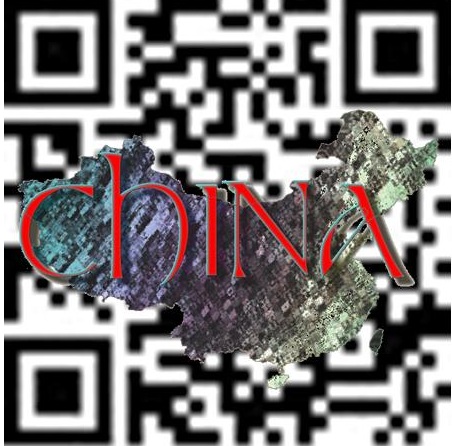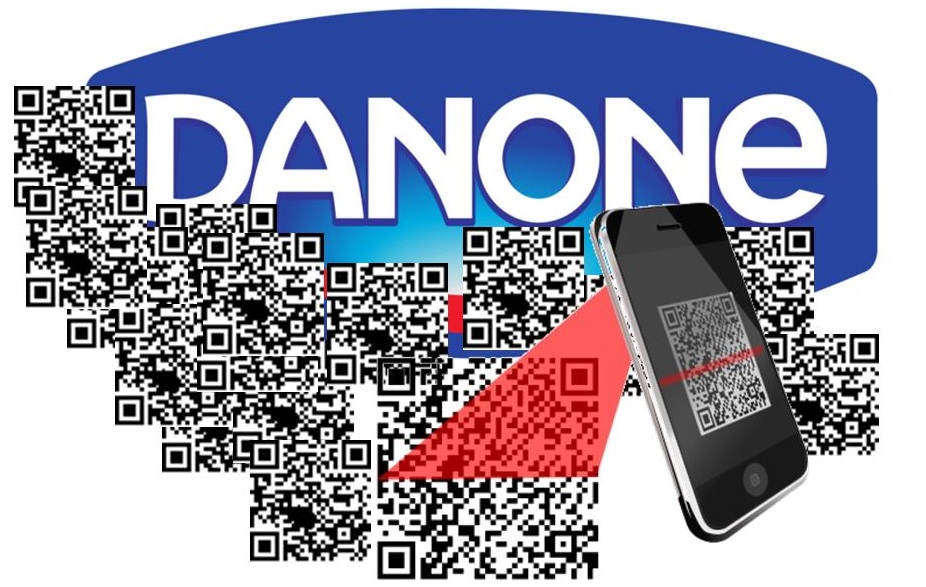The restaurant verification system in the country has now broadened its reach for helping consumers.
Following a successful pilot program in the Hiadian district in Beijing, China, the use of QR codes to help restaurant patrons to be able to check into the food safety information linked to an establishment.
The district has 7,533 restaurants that have already started to take part in the program.
Each of these restaurants has publicized their food safety information online and has now linked that data to unique QR codes that can be scanned by patrons with smartphones in order to be able to review the information and decide whether or not they would like to eat there. The barcodes need to be scanned using a special app that can be obtained for free.
To be able to scan the QR codes for the necessary information, a food safety app is required.
 In order to obtain the necessary app, customers merely need to text the letter “a” to the short code 10658081, or they can log on to an advertised website so that it can be downloaded directly from the site. Once they have the application downloaded and installed, they can quickly and easily scan any of the QR codes that are linked to this program.
In order to obtain the necessary app, customers merely need to text the letter “a” to the short code 10658081, or they can log on to an advertised website so that it can be downloaded directly from the site. Once they have the application downloaded and installed, they can quickly and easily scan any of the QR codes that are linked to this program.
The QR codes can be found in many different places among the restaurants that are participating in the program. For example, while they are typically posted on the actual business licenses, themselves, they are also often found on the menus distributed right to the tables. This allows the patrons to be able to check on the restaurant before they walk in the door, or before they make their orders.
Through the scanning of the QR codes, customers are able to look into the information regarding the types of food additives that have been used in the restaurant’s dishes (or if there are none), as well as whether or not a particular establishment has a history of breaching any food safety regulations. This is the type of information that customers have been hoping to obtain and that will now be readily available to them provided that they simply read a barcode through the use of their smartphones.
A barcode using company is currently producing them at this rate every single day.
Danone, the seventh largest food group in the world, has announced that it is placing unique QR codes that can be scanned using smartphones onto each of the dairy products that it is selling in Spain.
The barcodes are the latest element of the loyalty program of the company, and it is hoped it will expand popularity.
When the QR codes are scanned by consumers using smartphones or tablets that have any free barcode reader app. By scanning, the customer is directed to the loyalty program at Danone. The hope is that by using this technique, the popularity of the program – which already has a very large number of followers – will expand greatly, and those who are members will interact more regularly.
Scanning the QR codes will provide consumers with an additional savings on a monthly basis.
 At the moment, there are over 2 million registered users with the loyalty and savings program from Danone. By scanning the QR codes, registered users are giving the ability to save up to $50 more per month on products sold by the company in Spain.
At the moment, there are over 2 million registered users with the loyalty and savings program from Danone. By scanning the QR codes, registered users are giving the ability to save up to $50 more per month on products sold by the company in Spain.
Danone predicts that it will be creating and printing 60 million QR codes every month, at a rate of 2 million per day. This is expected to be the largest project that uses these smartphone friendly barcodes in the entire world until now. This is a notable achievement considering that these black and white squares are rapidly becoming more popular among marketers and other mobile commerce participants.
Danone has announced that its investment into the QR code project is greater than $1 million. Therefore, many predictions have been made by experts in the industry regarding the way in which the company intends to recoup the expenditure. It is believed by many that registration and scanning the barcodes will provide the food company with a tremendous amount of consumer data that will be vital in their ability to engage consumers and market to them in an effective and highly targeted way. The increase in sales that could come of this will make the expense appear quite small, should it work as they are hoping.
 In order to obtain the necessary app, customers merely need to text the letter “a” to the short code 10658081, or they can log on to an advertised website so that it can be downloaded directly from the site. Once they have the application downloaded and installed, they can quickly and easily scan any of the QR codes that are linked to this program.
In order to obtain the necessary app, customers merely need to text the letter “a” to the short code 10658081, or they can log on to an advertised website so that it can be downloaded directly from the site. Once they have the application downloaded and installed, they can quickly and easily scan any of the QR codes that are linked to this program.
 At the moment, there are over 2 million registered users with the loyalty and savings program from Danone. By scanning the QR codes, registered users are giving the ability to save up to $50 more per month on products sold by the company in Spain.
At the moment, there are over 2 million registered users with the loyalty and savings program from Danone. By scanning the QR codes, registered users are giving the ability to save up to $50 more per month on products sold by the company in Spain.